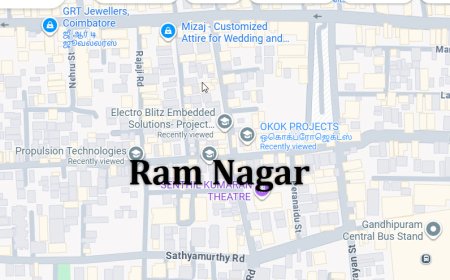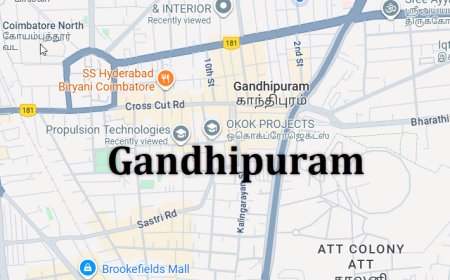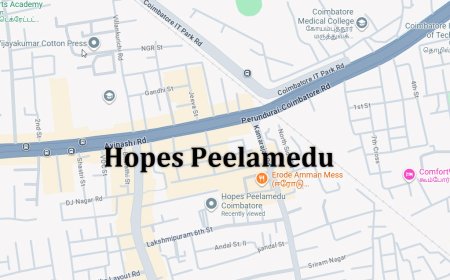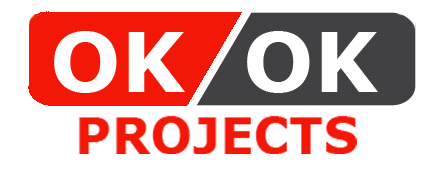My Blogs on Django in Python Projects
My Blogs on Django in Python Projects
My Blogs on Django in Python Projects
Abstract
Blogging platforms provide a convenient way for individuals and organizations to share content, ideas, and updates online. The project My Blogs on Django in Python Projects focuses on developing a fully functional blogging application using the Django framework in Python. Django is chosen as the development platform for its robust features, built-in security, scalability, and ease of use for rapid web development. The system allows users to create, edit, and publish blog posts, manage categories and tags, and interact with readers through comments. It also includes features such as user authentication, profile management, and an admin dashboard for monitoring content. This project provides a structured and secure platform for sharing content online, supporting both personal and professional blogging needs.
Existing System
Existing blogging platforms, such as WordPress, Blogger, and Medium, offer rich features for content creation and publishing. However, these platforms often require subscriptions, offer limited customization, or rely on external plugins for added functionalities. For small-scale developers or learners, setting up and managing these platforms can be complex. Some custom solutions may be built using HTML, CSS, and basic backend scripting, but they lack scalability, security, and integration with robust databases. Additionally, maintaining user authentication, content management, and dynamic features in such systems often requires significant manual coding effort.
Proposed System
The proposed system introduces a Python-Django-based blogging platform that provides complete control over content management, user authentication, and interaction features. The system uses Django’s MVC architecture to separate presentation, logic, and database layers for maintainability and scalability. Users can register, log in, create blog posts with rich text and multimedia content, categorize posts with tags, and allow readers to comment and interact. An admin dashboard allows monitoring and moderation of content, users, and comments. The backend database, powered by SQLite or PostgreSQL, efficiently stores blog data, user credentials, and metadata. By leveraging Django’s built-in security, template system, and ORM, the platform ensures secure, dynamic, and responsive blogging. This project enables developers and users to manage blogs efficiently while providing a customizable and scalable web-based content management solution.
What's Your Reaction
 Like
0
Like
0
 Dislike
0
Dislike
0
 Love
0
Love
0
 Funny
0
Funny
0
 Angry
0
Angry
0
 Sad
0
Sad
0
 Wow
0
Wow
0





























